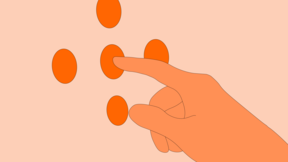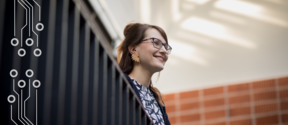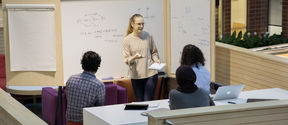Human-Computer Interaction and Design (HCID) is a crucial research area examining the intersection of computing, interaction technologies and human-centred design research. HCID engages transdisciplinary approaches to conducting critical research, design, development and evaluation of current and novel technologies, behaviors, processes, models, practices and experiences among human, artificial and non-human entities, while examining the impacts on people, society and ecology. It draws from emerging research, scholarship and practice across disciplines including computer science (computation, software engineering, machine learning, AI, interaction design), cognitive science, psychology, sociology, anthropology, media, arts, design, learning/education, ethics, and public policy, among others.






















